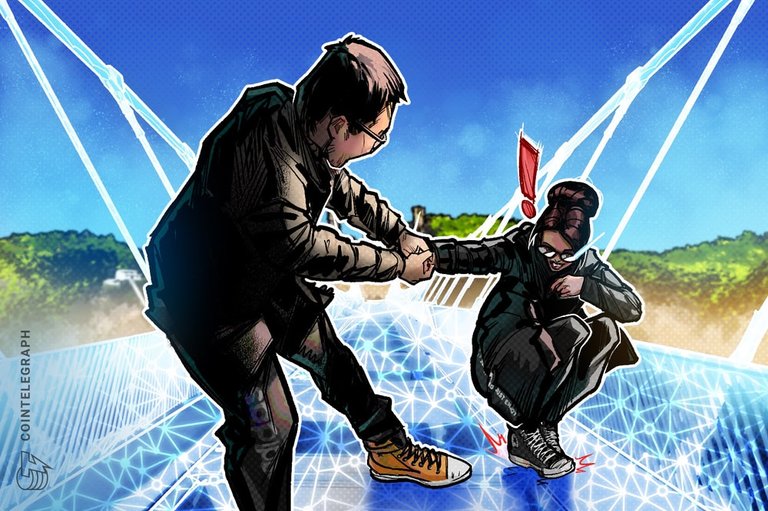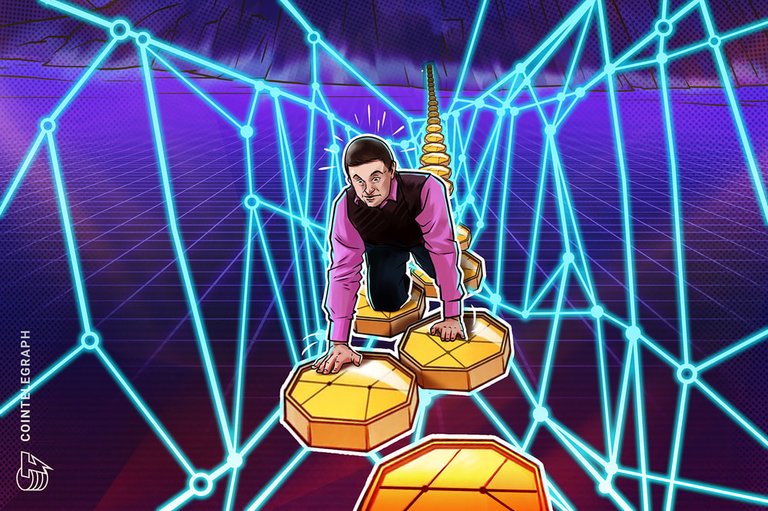Trust is an economic treasure, even for crypto
I think that the cryptocurrency ecosystem has a problem accepting that for the most part, trust exists in great amounts in everything we're doing here.
Some communities have more of it(more believers) than others.
To elaborate, if we're going to talk about governance, in as much as we can look at the onchain data and talk all day about how stake is widely distributed and all, we still, quite frankly need to trust/hope that a group of stakeholders don't collaborate to attack the chain.
Nothing onchain really matters when it comes to the possibility of an attack occurring because the motivation to launch an attack generally varies and could sometimes not be monetarily driven, so what proves essential is that the community is strong enough to trust in their ability to build past any potential attacks or near-similar setbacks.
Before proceeding, what even does trustlessness mean?
A trustless system means that you don't have to trust any individual, institution, or intermediary to ensure that the system works correctly. The system runs on verifiable, cryptographic, and automated mechanisms (like consensus algorithms and smart contracts). — GPT.
A commonly cited scenario for explaining what a trustless system looks like is Bitcoin transactions.
When you send Bitcoin to someone, you don't need to trust a bank to process the transaction — the network of miners and the Bitcoin protocol handle that in a way that can't easily be cheated. — also GPT.
It is rather wild that this is how we are defining this because the statement shows the presence of trust, which is put in the Bitcoin protocol and its network of miners.
I guess what is really focused on is how assets cannot be stolen by miners? Because otherwise, a user still puts a certain amount of trust in the fact that the network of miners will pick his tx and include it in the block.
We see how this becomes significant to acknowledge when we are dealing with periods of network congestion where miners will typically ignore transactions with low fees. The fact that a tx can even be rejected(ignored) not only introduces a layer of trusting/hoping(especially if you can't afford paying higher fees), it also plays too close to how permissioned systems work.
Let's not even talk about sanctions.
But sure, we can ignore all that and say it's entirely trustless when the only thing true about decentralized blockchains is that you can trust that the transaction data posted onchain is valid and not manipulated otherwise the system have be compromised. And you can also trust to be able to fork the chain if the bad bunch took over.
Trust is an economic treasure
I'm sure I read that line somewhere recently, can't quite figure out where at the moment but it's the same as the understanding of trust being a currency by proxy.
Trust backs fiat, we see many times what happens when people lose faith and trust in the system. You can talk data all you want but if people simply bet against you, you're more likely to trend down.
This is because the loss of trust will trigger something that leads to the devaluation of a currency. For instance, if a certain country loses trust in their currency and as a result starts buying foreign currencies like the dollar, what happens is that the USD will appreciate against their native currency.
There may not have been immediate reasons, enough to justify the level of devaluation that occurs, but trust drives the markets in many ways and that government essentially failed to keep the people trusting.
Moving to crypto, the fun fact about the success of memecoins on Solana is frankly a factor of the developed trust that Solana memes were primed for billion-dollar marketcaps and now that there's been a lot being exposed on how and who runs most of these memecoin projects — which many rug early on, guess what happened?
Trust is lost and memecoin activities have slowed, Pump.fun revenue is already tanking and created tokens have dropped significantly across the blockchain, generally.
Beyond Solana, on Hive, we happen to have a little trust system that has kept us going for years too.
The trust in mention has to do with HBD. HBD is literally the only stablecoin out there that depegs and nobody flinches — benefits of low media coverage? Not really.
Maybe we're more degenerate than memecoin traders but there seems to be the internal trust that it will be corrected at some point and we'll be back traded at HBD/$.
It certainly helps that we are a small ecosystem at the moment and there's not much any whale can do to heavily hurt the system in situations like that. Fact is, it would be a reward to the community if whales generally tried to manipulate Hive and HBD prices and it does not really seem reasonable for any to attempt it at the expense of allowing small fishes to climb up the ladder of not just wealth, but governance influence in the ecosystem.
In conclusion, trust does exist in great lengths when it comes to crypto and decentralized blockchains even if we try to ignore it. It all isn't fundamentally trustless and that's okay. It is specifically okay because it isn't entirely the trustlessness that secures the system, it's the risk and rewards mechanisms that incentivizes playing good and punishes playing bad that does most of the heavy lifting.
That function that allows communities to wiggle their way out of bad situations is what matters above all else because attacks will always be something to expect. Better to focus on designing a system that ensures minimal pain to the community — if it's a sophisticated and successful attack — and maximum pain to the bad bunch — if poorly executed.
Posted Using INLEO


Trust is indeed priceless
Trust holds a lot up!